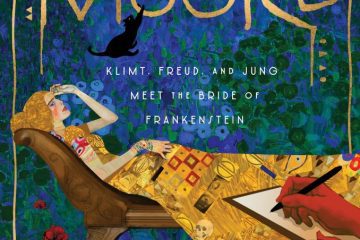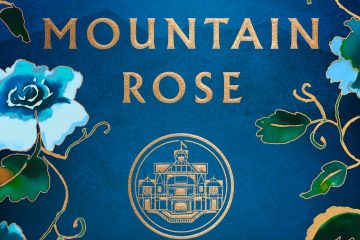Christopher Moore’s Frankenstein
Christopher Moore’s new novel Anima Rising combines his signature elements – complicated artists, suspicious detectives, a bawdy sisterhood, and supernatural bonking – into a strangely moving tale of friendship and survival. Set in 1911 Vienna, Chris’s new novel is a spiritual sequel to his 2012 art world masterpiece Sacré Bleu: A Comedy d’Art and, in anticipation of his upcoming book tour, Chris reveals how his fondness for Gustav Klimt and Mary Shelley drives this unlikely comic adventure; how both Sigmund Freud and Carl Jung had to figure into the story (because: 1911 Vienna); and how his novels are becoming increasingly touching…or at least that’s how they’re being read. (Length 21:17)
Podcast: Download (Duration: 21:17 — 24.4MB)


